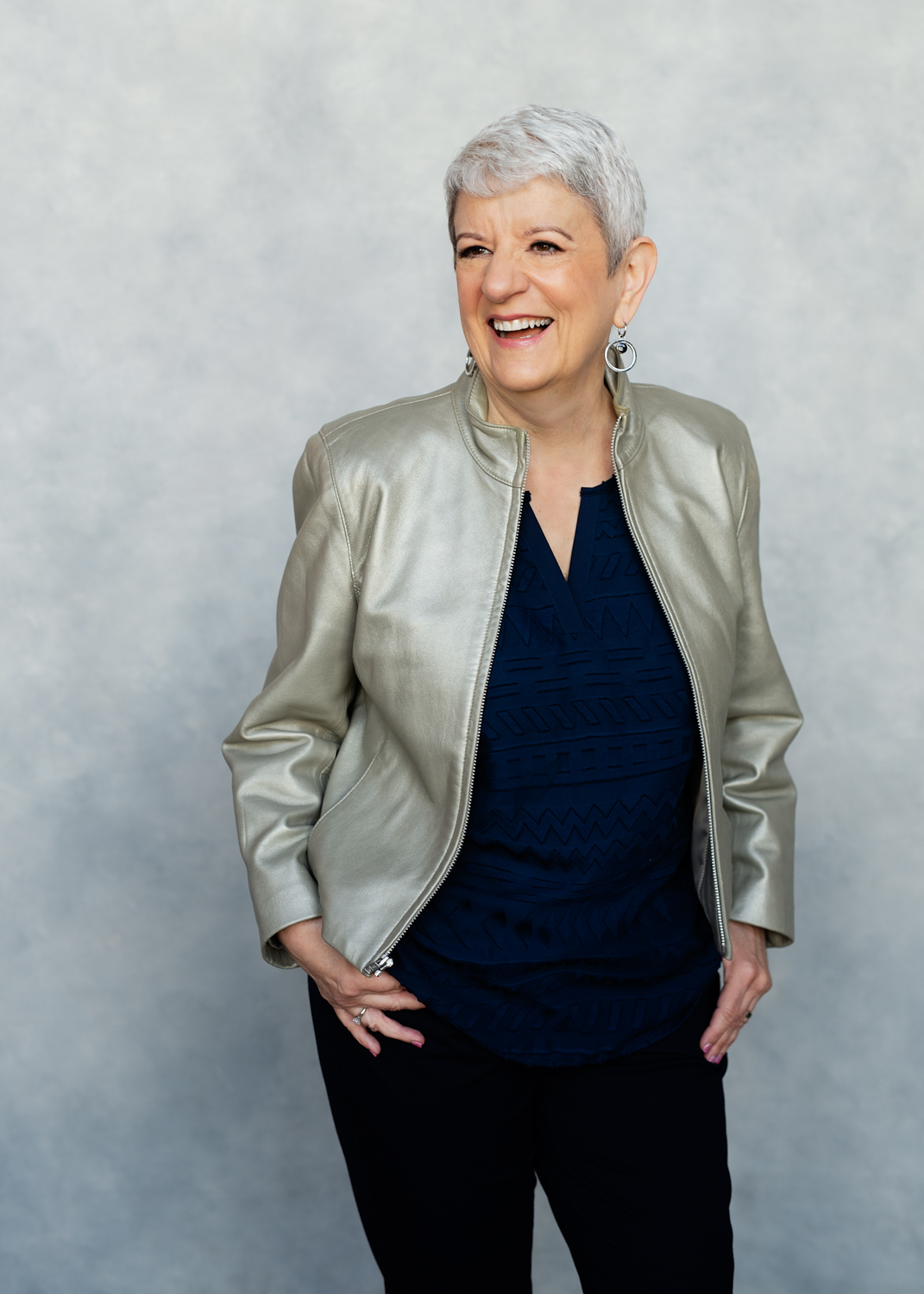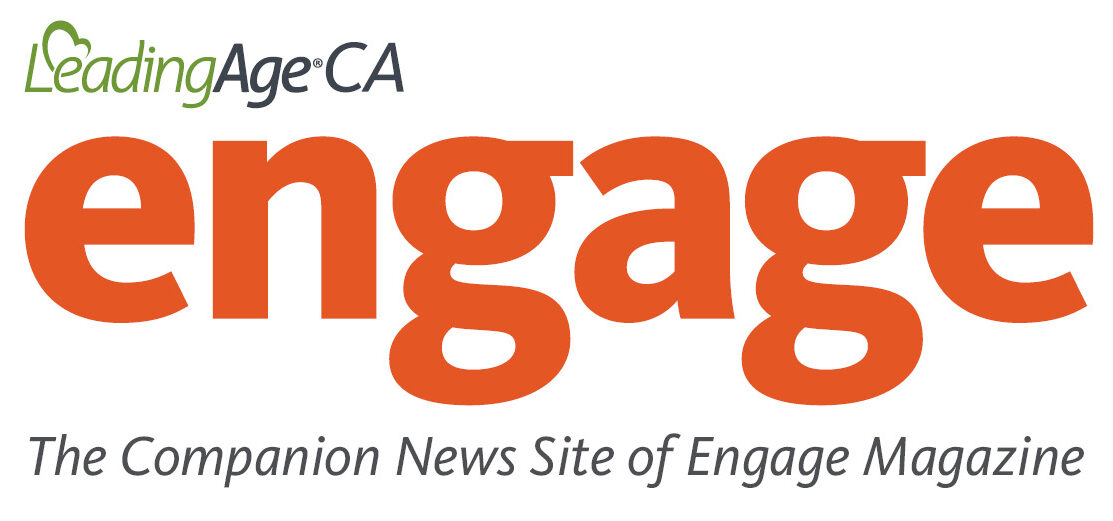Why Aging Services Leaders Can’t Lead the Same Way (and Still Retain Their Teams)
By Laurie D. Battaglia, CEO & DEIB Consultant, Aligned at Work®
 Leaders everywhere, across all industries, are faced with a very different workforce than they’ve ever led before.
Leaders everywhere, across all industries, are faced with a very different workforce than they’ve ever led before.
Tisha found this out when one of her key employees came to her to resign. She didn’t see it coming and was surprised to find that the employee was headhunted by a recruiter on LinkedIn. The employee hadn’t been looking for a new role, but when faced with a job offer for a dream position, at another aging services organization with a reputation for leading inclusively, the employee chose to leave Tisha and her team. Working for Tisha wasn’t a bad thing, she was a good leader. But the employee was looking for something more. They wanted a true sense of belonging, and to be fully themselves. And they weren’t sure they could find it within Tisha’s organization.
Like Tisha, Aging Services leaders bear extra pressures – while job openings are 52 percent higher than they were prior to the pandemic, workers are leaving their jobs and organizations at a 35 percent higher quit rate for the same timeframe.
Added to this are upward trends on wages: Aging Services workers in home health services, nursing homes, and assisted living communities saw a rising shift in average weekly earnings of 14 percent to 15 percent between February 2020 and October 2021.
What’s a leader to do?
After Tisha’s star performer left, she decided to speak to the rest of her team, and she did some research on what people really want from their employers and their leaders. Here’s what she found.
- Tisha’s team members wanted her to listen to them, and to fully consider and implement their ideas. They wanted to feel valued and that they mattered. They had always wanted this, but the pandemic made them rethink everything. And it mattered more now than it ever had before.
- They wanted to have a life outside of work. Yes, they got overtime for the work they did after shifts, but it felt forced and was mandatory to keep their jobs. Their families and their hobbies and interests mattered to them. Time to enjoy life and relationships had taken on heightened meaning during the pandemic and they weren’t ready to give every bit of energy to their work anymore.
- Sometimes their work sucked the life out of them, draining their energy and depleting them. But there was no time for recovery and there was no time to look at other jobs in the organization that might be a better fit for their skills and strengths. It was easier to leave than to move within.
- Hardest for Tisha to hear, was that there was subtle bullying going on among co-workers. As a Black woman leader, she had hoped that it felt safe to work on her team. But she found that other marginalized team members felt that their co-workers put them down time and again, took opportunities that they thought should be theirs, and talked about them behind their backs.
Tisha then got down to doing some research. She found 2019 from Aon, who surveyed companies globally for their annual benefits survey. At that time, 97 percent of employers surveyed agreed that employee expectations were changing rapidly. Add a pandemic a year later, and everything was exacerbated. She learned that workers are looking for more flexibility, better approaches to diversity and inclusion, better awareness of mental health issues, improved parental leave, and financial wellness support.
It was clear to Tisha that her team members needs weren’t being fully met, and she realized for the first time that several of them could be looking for new roles or would be very easy to steal away for the right organization or right role elsewhere. Her team didn’t always have the flexibility people were asking for, due to their front-line roles in aging services, so she would have to get creative elsewhere.
Armed with more information than she’d had before her key employee left, Tisha headed to her next senior leader meeting ready for deeper conversations with her peers. She’d had the Wake-Up Call and was concerned that others weren’t fully aware of how bad it could get for all of them.
What Can Tisha and Other Leaders Do to Lead Successfully?
- Let go of everything you think you know about leading people. Today’s workforce requires a different approach to leadership. Examine your beliefs about why you lead the way you do. Then lead differently and call it out. Work with your peers to hold one another accountable.
- Figure out a way to get honest feedback from your employees about what is and isn’t working. Resist the urge to explain yourself or reduce the seriousness of what they are telling you. Then figure out a plan for implementation and be held accountable for it.
- Realize that what worked for you will likely not work any longer. The “rules of work” are constantly changing, while leaders feel that they can lead the same way. And not everyone has the same access that you may have had.
- Understand that diversity and inclusion aren’t separate from great leadership but are an essential part of it. And it’s not just for your “diverse” employees. You’ll need to embrace it more than anyone else.
- Become an Active Ally. Speak up for marginalized people, especially when they get talked over at work and in meetings. Create safe space for their opinions and acknowledge and validate them. Then help those ideas get implemented.
- Put your time and money where your mouth is. Form an actual strategy for leading inclusively and differently, with plans, timelines, milestones. Measure your success in changing the entire system of work. Take on the big changes yourself, working with your colleagues, rather than asking already overworked front-line staff to make changes while nothing changes at the top of the organization. Get your team involved to the extent that they want to be.
Be the change. The Wake-Up Call is here, and the time is now!
Additional Resources:
Laurie Battaglia will partner with Joshua Smith, LeadingAge California’s Director of Diversity, Equity, and Inclusion for the BOLD Pre-Conference Session: Aging Services and DEI: Embracing an Equitable Future. Laurie will facilitate a workshop on Building Inclusive Cultures through Everyday Actions.




